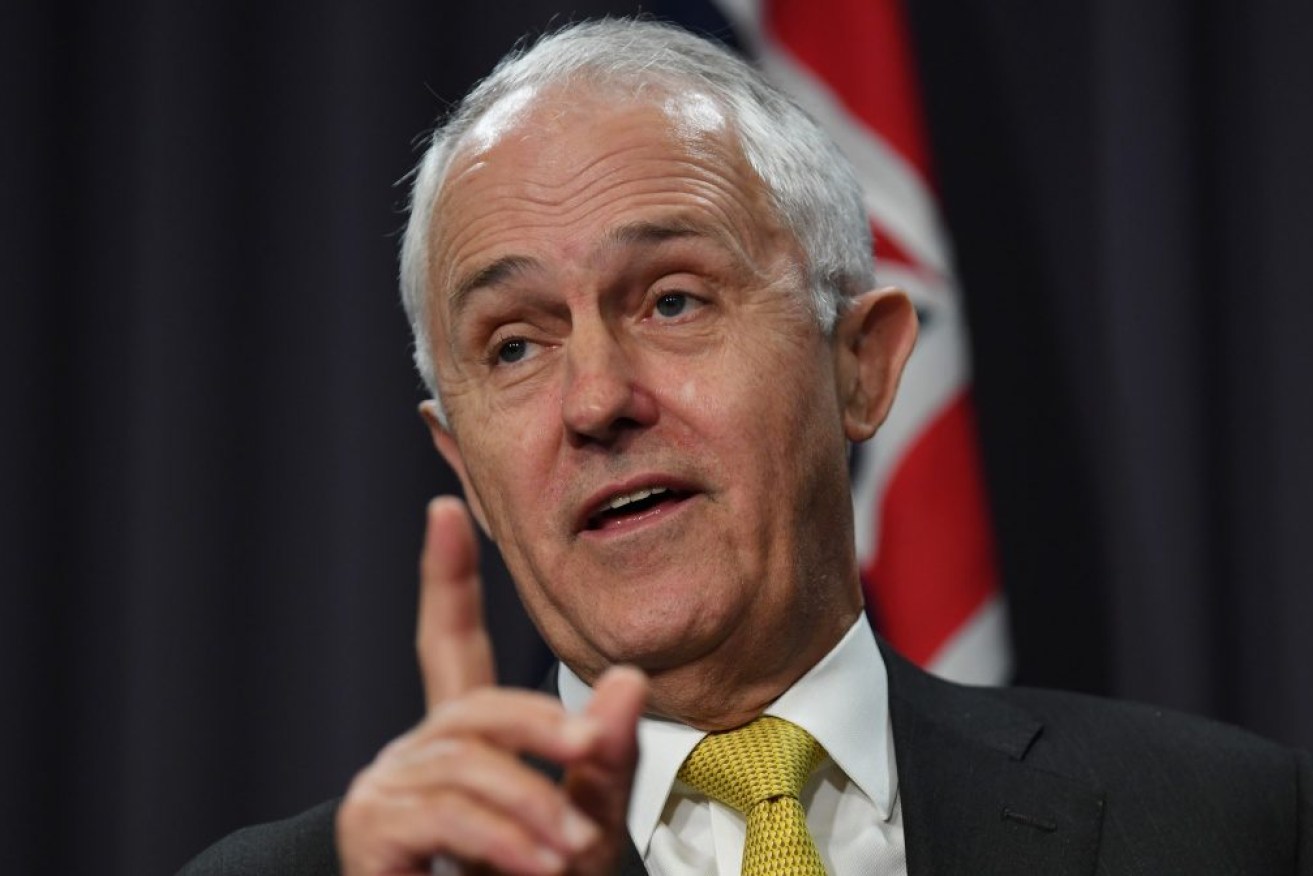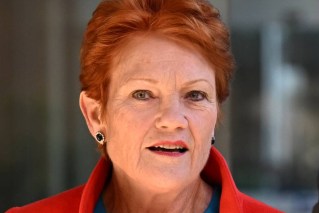Government names the date and price of a same-sex marriage postal vote


The PM defended the postal plebiscite on Tuesday. Photo: AAP
Ballot papers for the voluntary postal plebiscite on same-sex marriage will be sent out early next month and be due by November 7, effectively ensuring a two-month national campaign on the issue.
The government on Tuesday confirmed the Australian Bureau of Statistics would ask all Australians on the electoral roll – at a cost to taxpayers of $122 million – whether same-sex couples should be allowed to marry.
The ballot papers would be issued on September 12 with the result declared on November 15.
This would allow time for MPs to have a free vote on a private member’s bill to legalise same-sex marriage before the end of the year provided Australians voted in favour of the reform.
Amid outrage from the Opposition and the LGBT community, Prime Minister Malcolm Turnbull sought to portray the postal vote as an attempt to keep a key election promise.
“Every Australian on the electoral roll will get a ballot paper and they will be able to fill that in and express their say,” he said.
The postal vote will be pursued provided the Senate once again rejects the government’s preferred option – the compulsory national plebiscite.

Bill Shorten criticised the postal vote during Question Time. Photo: AAP
Government sources confirmed the question for the postal vote would be the same as under the initial plebiscite proposal: “Do you support a change in the law to allow same-sex couples to marry?”
It is also understood no public funding will be allocated to fund either campaign.
The process will be carried out by the Australian Bureau of Statistics, which came under fire last year for its handling of the national census.
Asked about concerns the LBGT community would be subject to hurtful comments throughout a two-month campaign, Mr Turnbull said he believed the Australian people could conduct a sensible debate on marriage.
“There are plenty of arguments for the plebiscite for and against … that one is the weakest,” he said.
Opposition Leader Bill Shorten attacked that suggestion during Question Time on Tuesday, arguing that the postal vote would cause hurt to the LGBT community.
“I refer to this disgusting pamphlet authorised by a former Liberal Minister which falsely claims children of gay couples are more likely to abuse drugs, have sexually transmitted diseases and be unemployed,” he said.
“How does this fit with the Prime Minister’s guarantee today of respectful discussion? Why is the Prime Minister making Australians pay $122 million to give licence to this vile rubbish?”
Mr Turnbull also dismissed suggestions the postal vote would not honour the government’s initial election promise: “Strong leaders carry out their promises, weak leaders break them. I’m a strong leader.”
He said he would not lead the ‘yes’ campaign because he had “many other calls on my time as Prime Minister” but he would “certainly support a yes vote”.
Asked how he would feel in the case of a ‘no’ outcome, the PM added: “I’ll be voting yes, as will Lucy, I’m very open about that. But the Australian people are never wrong.”
The opposition also hit out at the postal vote option, given that government MPs would not be bound to support legislation to legalise same-sex marriage in the case of a ‘yes vote’.
“Why is it that a no vote will be binding on the government but a yes vote will not?” Deputy Labor Leader Tanya Plibersek said.
Same-sex marriage advocates said on Monday that if a postal vote was confirmed, “the challenge will begin against it tomorrow”.
They did not rule out boycotting the postal vote and said they would seek legal advice on the constitutionality of a poll conducted by the ABS.
Acting Special Minister of State Mathias Cormann said the government believed it was on solid legal ground.








